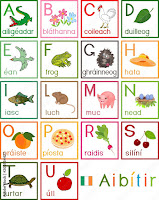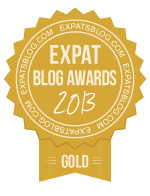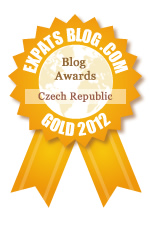 The Republic of Ireland occupies five-sixths of the island of Ireland. The country is a little bigger than West Virginia and is home to 4.83 million people. Dublin is the country's capital and its largest city.
The Republic of Ireland occupies five-sixths of the island of Ireland. The country is a little bigger than West Virginia and is home to 4.83 million people. Dublin is the country's capital and its largest city.
Six counties in Ulster province became Northern Ireland and remained part of the United Kingdom. There was a brief civil war and then over the next 20 years, Ireland adopted a new constitution, phased out the duties of the British monarch and in 1948, was declared a republic.
 The country is predominantly Catholic and the church has had a major influence on the state. Possessing and using contraceptives was not illegal. However, from 1935 - 1980, it was illegal to sell them or to import them in to the country. It wasn't until 1993 that contraceptives were available to everyone without a prescription. That's way too much church influence for me.
The country is predominantly Catholic and the church has had a major influence on the state. Possessing and using contraceptives was not illegal. However, from 1935 - 1980, it was illegal to sell them or to import them in to the country. It wasn't until 1993 that contraceptives were available to everyone without a prescription. That's way too much church influence for me. |
| The Gaeltacht where Irish is predominantly spoken |

Ireland joined the European Community in 1973, which later became the European Union. Like the UK, Ireland is not a member of Schengen, which means that non-EU citizens need a passport to enter the country.
 From 1995 to 2007, when it's economy was referred to as the Celtic Tiger, Ireland became one of the richest countries in the world. Unfortunately, the boom didn't last and 2008's global financial crisis hit hard. By 2010, Ireland had the world's largest budget deficit at 32.4% GDP. The country received an €85 billion ($117.1 billion) bailout from the EU and the IMF. As a condition of the financial rescue package a number of harsh austerity measures were put in to effect. In December 2013, Ireland became the first European bailout country to exit the program.
From 1995 to 2007, when it's economy was referred to as the Celtic Tiger, Ireland became one of the richest countries in the world. Unfortunately, the boom didn't last and 2008's global financial crisis hit hard. By 2010, Ireland had the world's largest budget deficit at 32.4% GDP. The country received an €85 billion ($117.1 billion) bailout from the EU and the IMF. As a condition of the financial rescue package a number of harsh austerity measures were put in to effect. In December 2013, Ireland became the first European bailout country to exit the program.Update: Here's some Irish slang.
Update 2025: Here's a short YouTube video about how Ireland remained neutral in WWII.
©History Matters





























No comments:
Post a Comment